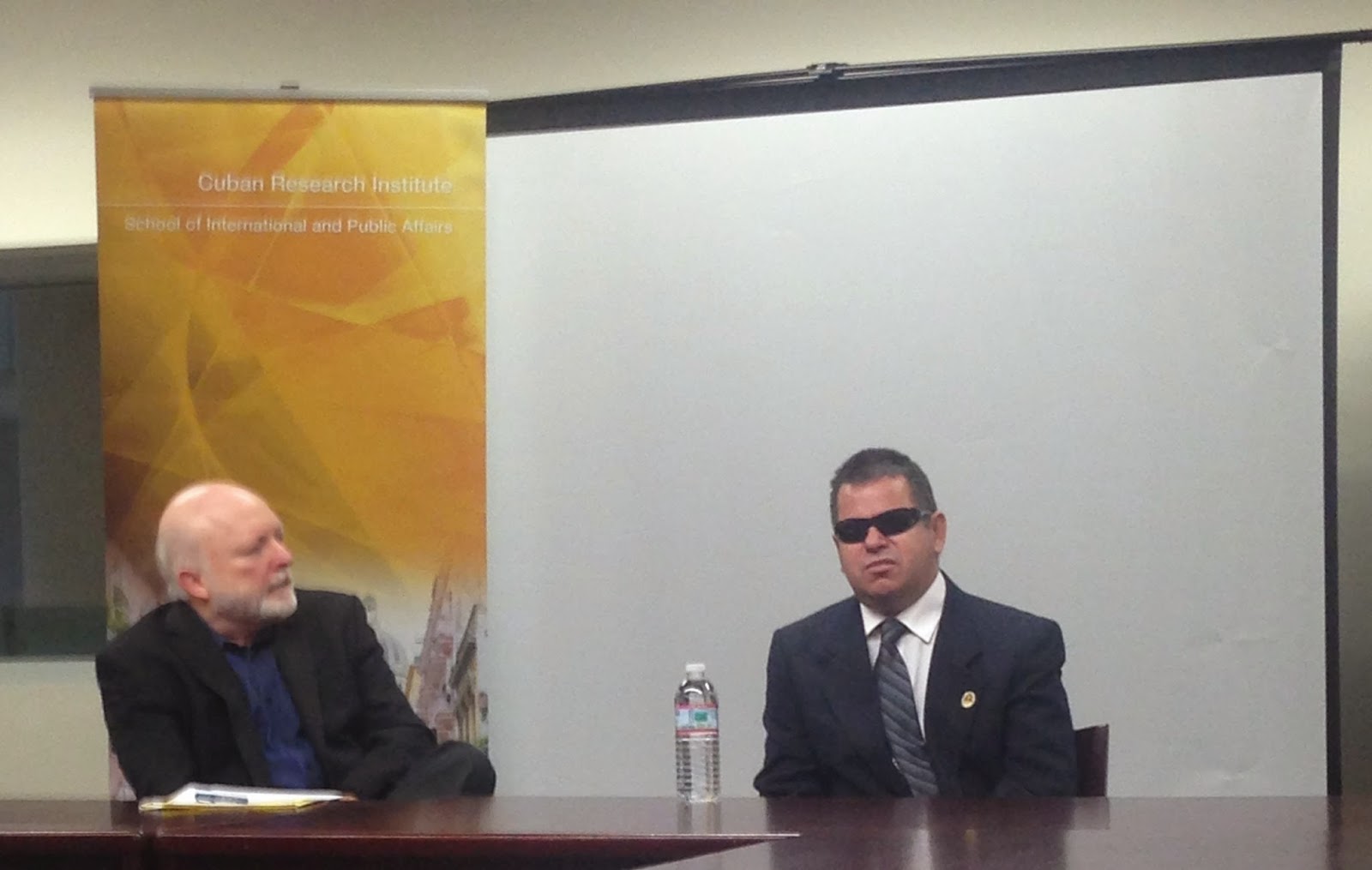"To forget the victims means to kill them a second time. So I couldn't prevent the first death. I surely must be capable of saving them from a second death." - Elie Wiesel
Twenty one years ago on February 24, 1996 on a Saturday afternoon over the Florida Straits two civilian planes were blown out of international airspace on the orders of Fidel and Raul Castro in an act of state terrorism that claimed the lives of three U.S. citizens, Carlos Costa, Mario De La Peña, and Armando Alejandre and U.S. resident Pablo Morales.
Two years later in 1998 when Castro's wasp spy network was broken up and Gerardo Hernandez arrested the one person to be held accountable was finally in custody. In 2000 following a lengthy trial he was sentenced to two consecutive life sentences for conspiracy to commit murder and espionage. On December 15, 2014 President Obama commuted his sentence and on December 17, 2014 announced that Gerardo Hernandez had been returned to Cuba. He was welcomed back by Raul Castro where he proudly declared that he was ready to complete another such mission for the dictatorship. Two days later in a year end press conference President Obama sought to rewrite history declaring this premeditated crime "a tragic circumstance."
Thi is why it is so important to continue to stand up silently on February 24th at the times both planes were shot down and hold a moment of silence, remember, and continue to demand justice. We must also remind our fellow countrymen that U.S. courts have also found the Castro regime guilty of premeditation in this shoot down on three occasions.
Brothers to the Rescue page for the shootdown
Shootdown Victims ( Families page)
 |
| Murdered, 2/24/96 in a conspiracy carried out by Castro regime and its spy network |
Two years later in 1998 when Castro's wasp spy network was broken up and Gerardo Hernandez arrested the one person to be held accountable was finally in custody. In 2000 following a lengthy trial he was sentenced to two consecutive life sentences for conspiracy to commit murder and espionage. On December 15, 2014 President Obama commuted his sentence and on December 17, 2014 announced that Gerardo Hernandez had been returned to Cuba. He was welcomed back by Raul Castro where he proudly declared that he was ready to complete another such mission for the dictatorship. Two days later in a year end press conference President Obama sought to rewrite history declaring this premeditated crime "a tragic circumstance."
Thi is why it is so important to continue to stand up silently on February 24th at the times both planes were shot down and hold a moment of silence, remember, and continue to demand justice. We must also remind our fellow countrymen that U.S. courts have also found the Castro regime guilty of premeditation in this shoot down on three occasions.
- U.S. District Judge James Lawrence King found Cuba guilty in civil court of planning the shoot down before the actual attack, and noted that there had been ample time to issue warnings to the Brothers to the Rescue aircraft if these had been needed.
- A jury in criminal court presided by U.S. District Judge Joan Lenard found Miami-based Cuban spy Gerardo Hernandez guilty of conspiracy to commit murder because of his role in providing information to the Cuban government on the flight plans of Brothers to the Rescue.
- On August 21, 2003 a U.S. grand jury indicted the two fighter pilots and their commanding general on murder charges for the 1996 shoot down.
Brothers to the Rescue page for the shootdown
Shootdown Victims ( Families page)




















